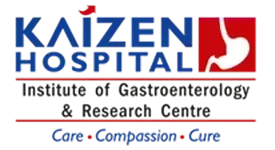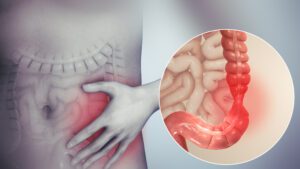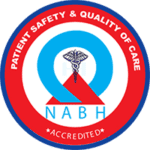The condition affects more women and young people. Some people with IBS have minor symptoms. However, for others, the symptoms are significant and disrupt daily life. The exact cause of IBS is unknown, but the condition has been linked to certain foods and mood disorders. To better understand your triggers, it’s critical to keep track of your flare-ups.
Different people will experience IBS symptoms in different ways. IBS symptoms in women who menstruate may worsen during the menstrual cycle.
What is IBS?
IBS is also called as irritable colon, Spastic colon, mucous colitis, and spastic colitis. It is a different condition from inflammatory bowel disease and it is not co-related to other bowel conditions.
IBS is a collection of digestive symptoms that frequently coexist. From person to person, the severity and length of the symptoms varies. Types of IBS are classified based on specific symptoms, such as constipation and weight loss.
The symptoms of IBS typically include:
- Abdominal cramping
- abdominal pain
- bloating and gas
- constipation
- diarrhea
- incomplete bowel movement
IBS patients commonly go through phases of both diarrhea and constipation. Gas and bloating symptoms usually go away following a bowel movement.
Symptoms of IBS aren’t always persistent. They can resolve, only to come back. However, some people do continue to have symptoms.
IBS pain
IBS pain may feel like cramping. You will also feel at least two of the following in addition to this cramping:
Some pain relief following a bowel movement
- a variation in the frequency of your bowel movements
- changes in the way your stools look
What causes IBS?
IBS can be treated in a variety of ways, but nobody knows what causes it.
- An abnormally sensitive immune system or colon are potential culprit.
- A previous bacterial infection in the gastrointestinal tract.
- spastic movements of the colon, causing painful cramping
- Abnormal serotonin levels in the colon, affect bowel motility.
- an imbalance of microorganisms in the digestive system
IBS risk factors
IBS risk factors may include:
- Family history
- Infection
- being assigned female at birth
- being exposed to antibiotics
- having anxiety or depression
- intolerance to certain food
Diagnosis
- prescribe adopting a certain eating pattern or avoiding specific food groups for a time to rule out any food allergies
- Request examinations to rule out infections using a sample of your stool.
- Blood tests to check for anemia and rule out celiac disease (TtgIgA-TtgIgG)
- colonoscopy
IBS triggers
- Stress and anxiety can trigger
- Certain foods.
What foods usually trigger IBS?
- Beans, lentils
- foods that contain sorbitol, mannitol, or xylitol
- onions, garlic, and some other vegetables,
- certain fruits
- some dairy foods
- certain carbohydrate foods
What is the best treatment for IBS?
Certain lifestyle modifications may help to relieve IBS
Participating in regular physical activity, such as exercising
- Avoiding caffeine like tea, and coffee- limiting consuming caffeinated beverages since caffeine stimulates the intestines
- Reduced stress (Yoga, Meditation, Pranayam)
- taking probiotics-rich food (“good” bacteria normally found in the intestines) to help relieve gas and bloating—curd, buttermilk
- taking fiber supplements
- quitting smoking & alcohol consumption —
What should people with IBS eat?
- Dietary adjustments can significantly relieve symptoms for some people.
- This entails consuming smaller meals and staying away from foods that cause symptoms.
- The low FODMAP diet is a typical eating regimen that physicians and certified dietitians advise for IBS. A specific type of carbohydrate called a FODMAP can be found in some meals. FODMAPs have been linked in studies to a few common digestive problems. Because IBS symptoms change among people with the condition, approaches to dietary changes need to change.
How to treat IBS?
If your symptoms are not relieved through lifestyle modification, such as lifestyle or dietary changes. People can respond differently to the same medication, so you need to consult your doctor to find the right medication for you.
. Drugs that are used include:
- medications to manage muscle spasms
- Laxative
- Antidiarrheal
- Antibiotics
- Probiotics
- According to symptoms.
Alarming symptoms of IBS:-
If you experience symptoms that last more than a few days or if they start to occur frequently, you should think about speaking with your doctor.
In addition, you should consult your physician if you suffer any rapid changes or severe symptoms, including:
- bleeding per rectum
- persistent abdominal pain that is not relieved from passing gas or having a bowel movement
- significant weight loss(unintentional)
- loss of appetite or easy satiety
- persistent nausea and vomiting
Author :- DR.BANSARI GAJERA
BHMS, CCH
Kaizen Hospital





